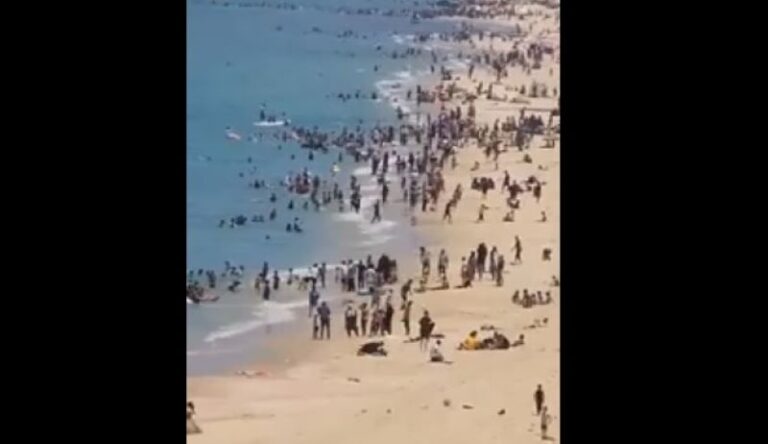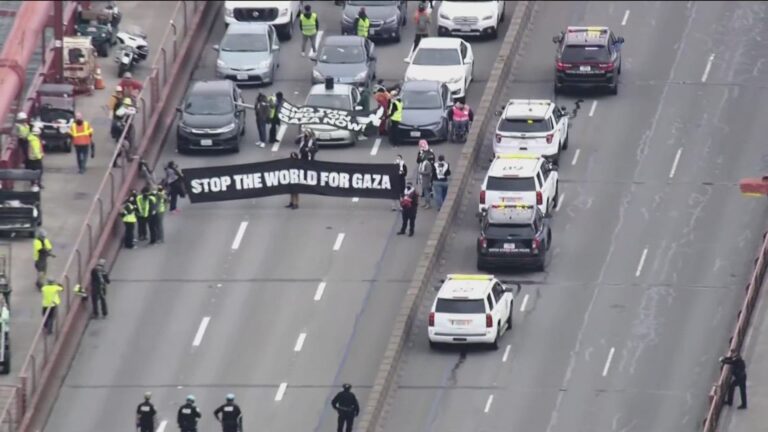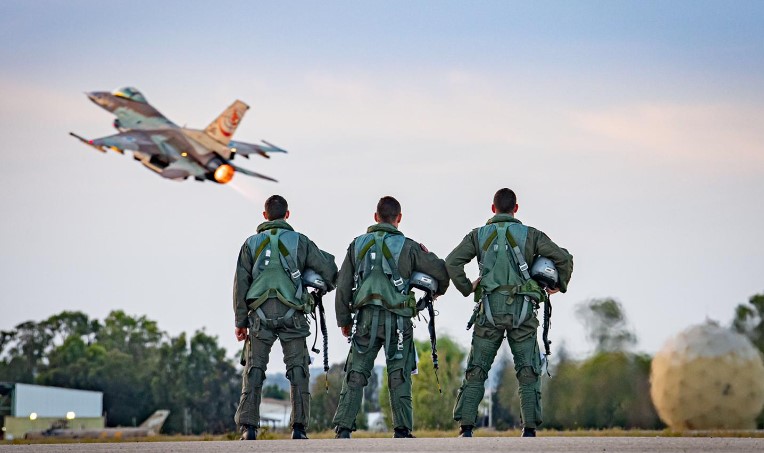An Egyptian imam who led a London mosque more than a dozen years ago was portrayed in opening statements at his terrorism trial as an enthusiastic supporter of al-Qaida by a prosecutor and as a reasonable man who helped authorities in England keep people calm by his defense attorney.
The openings Thursday at the trial of Mustafa Kamel Mustafa came after U.S. District Judge Katherine Forrest in Manhattan turned down a last-minute request by the defendant to deliver his own opening statement to the jury.
Assistant U.S. Attorney Edward Kim referred to him by an alias, Abu Hamza, as he labeled him a terrorist, saying he “deployed men to execute his terrorist goals.”
He said he supplied satellite phones in 1998 to kidnappers in Yemen who killed four hostages and tried to set up a Bly, Ore., al-Qaida camp in late 1999 and early 2000 before sending at least two men to Afghanistan to train at an al-Qaida camp.
Kim said Mustafa tried to rally hundreds of followers at a large London mosque to engage in his “global campaign to spread terror.”
“Abu Hamza was not just a preacher of religion,” Kim said. “He was a trainer of terrorists, and he used the cover of religion so he could hide in plain sight in London.”
But defense attorney Joshua Dratel told jurors his client never harmed Americans and didn’t participate in any acts charged in the case.
“Please keep your eyes on the evidence and not the rhetoric,” Dratel said.
He promised Mustafa would testify but cautioned jurors they might not agree with some of his views.
“He said a lot of harsh things,” Dratel said. “These are views, not acts. This is expression, not crimes. He needed to be outrageous to an extent to reach the entire spectrum of his community and keep them in the conversation. He couldn’t walk a road that left him without access to extremists on one side of the other.”
The lawyer said British intelligence officers repeatedly enlisted Mustafa’s help to keep situations under control and non-violent.
He added: “He is who he is. You’re not here to judge his philosophy or his ideology. You’re here to judge the evidence.”
Kim told jurors that among the witnesses they will hear during a trial expected to last about a month is a former hostage who escaped a terrorist attack in Yemen in 1998 and later interviewed Mustafa at his mosque, getting him to acknowledge that he gave satellite phones to the kidnappers and believed the attack was justified.
He said a tape recording of her interview with Mustafa will be played at the trial.
The 55-year-old cleric was extradited in 2012 from England, where he turned London’s Finsbury Park Mosque in the 1990s into a training ground for Islamic extremists, attracting men including Sept. 11 conspirator Zacarias Moussaoui and shoe bomber Richard Reid.
(AP)





